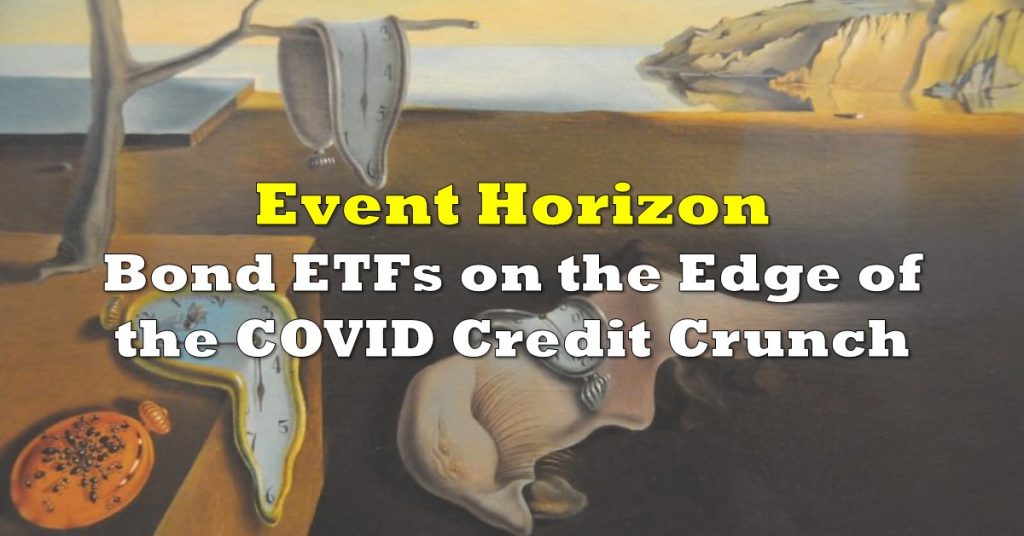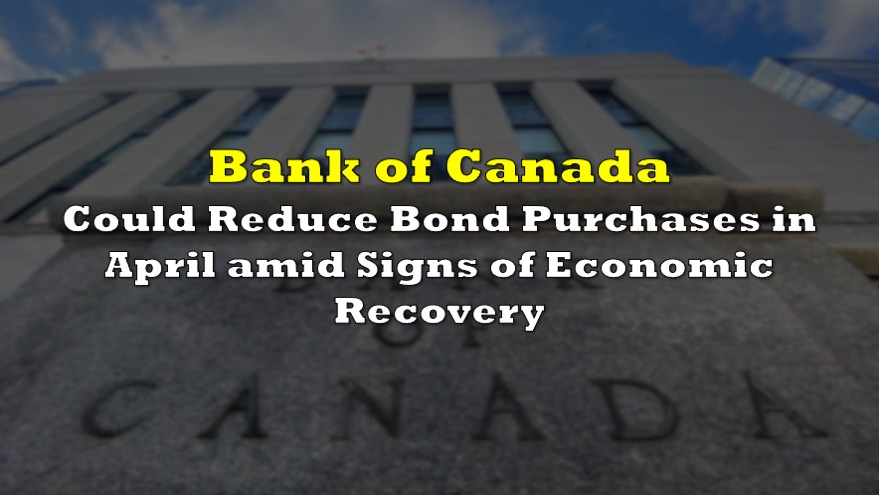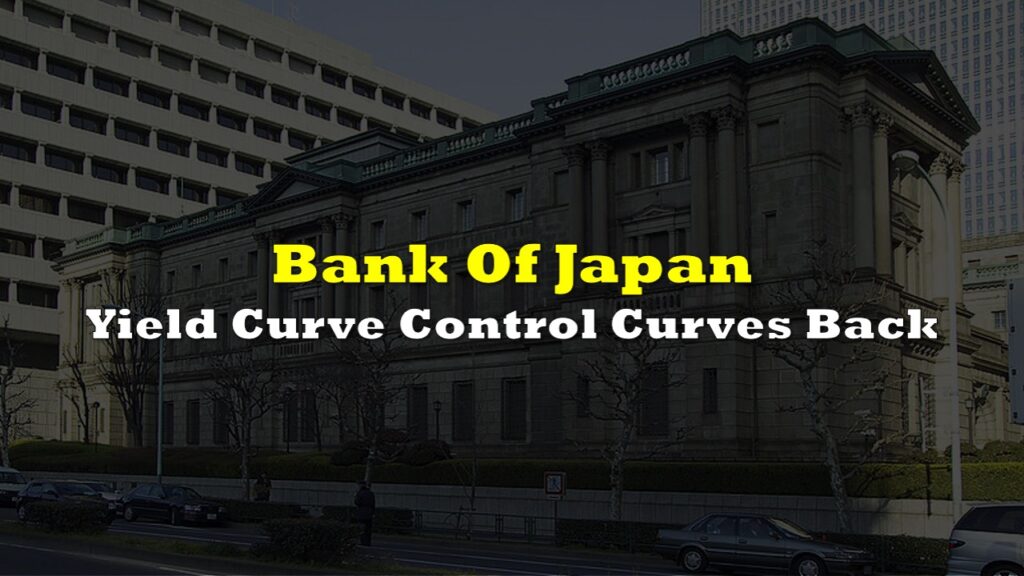To state the obvious, stock markets across the globe have struggled mightily over the first half of this year, as investors fear that the coming tightening actions by the U.S. Federal Reserve and other central banks will cause the economy to contract. As a side note, it is possible that the markets are also pricing in some possibility that the Fed may not be able to tolerate the pain it imposes by raising rates markedly over a series of meetings, and instead will opt to pause or stop its rate increase plan prematurely without defeating inflation.
The high yield bond and credit default swap markets are likewise showing significant signs of distress. These synchronized weak markets reinforce investors’ trepidation that at least a somewhat hard landing is possible.
The extra yield over the yield offered by U.S. Treasuries that investors require to own high-yield bonds has reached its highest level — around 500 basis points (bp) — since the heights of the COVID crisis in the fall of 2020. Furthermore, today’s yield premium is nearing the levels seen in 4Q 2018 when oil prices fell ~40% in a matter of months due to fears that slipping demand would lead to a glut of oil supply.

Junk bond prices also fell sharply in the fall of 2015 when the prices of oil and mined commodities like copper and iron ore fell sharply. Another fairly recent difficult episode for high yield bonds played out in the second half of 2011 over widespread default concerns for European sovereign debt (e.g., Greece and Portugal).
The key point is that today’s economic/fundamental cocktail fears regarding extremely high inflation and likely persistent Fed rate increases may represent a more intractable problem than any of these recent scenarios.
Similarly, credit default swaps (CDS) across the market have in general nearly doubled so far in 2022 and now exceed 4Q 2018 levels, according to Markit. A CDS is a financial swap agreement whereby the seller of the CDS is obligated to compensate the buyer if the debtor defined in the agreement defaults (or if some other defined credit event occurs). The more a CDS rises in price, the greater the chance of default. CDS’s trade over the counter and are difficult to track.
On the other hand, we do note that while high yield premiums are rising — and may continue to do so — the current premium is at about the index average over the last 25 years. The premium had been quite low for much of the last two years. In addition, the percentage of high yield issuers which trade at spreads of 1,000 bp or more is just under 6%, per Lehmann Livid Fridson Advisors. In a full-fledged recession, that proportion is typically much higher.
The high yield and CDS markets seem to corroborate the recession concerns of global stock markets. Investors should monitor trends in these somewhat less publicized markets closely for clues that sentiment could turn in the equity markets.
Information for this briefing was found via the sources mentioned. The author has no securities or affiliations related to the organizations discussed. Not a recommendation to buy or sell. Always do additional research and consult a professional before purchasing a security. The author holds no licenses.









